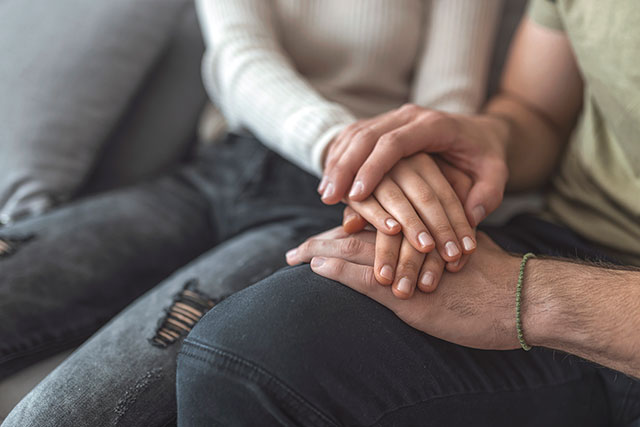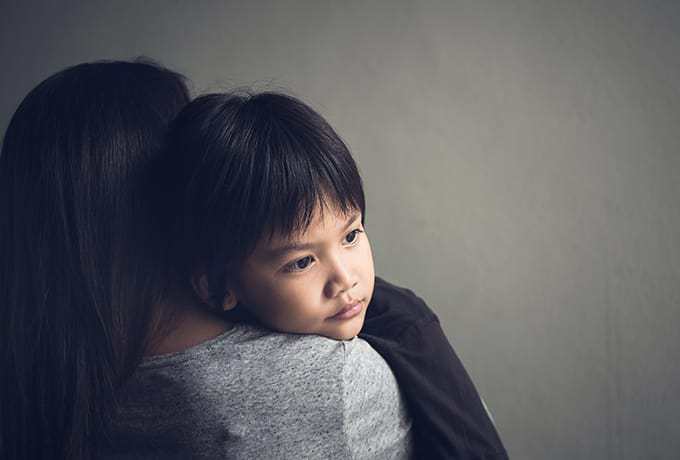There is no formula for the right way to grieve a loss. You may feel like there’s nothing you can do to help someone who is grieving, but it is possible to offer support and make a difference.
Understanding grief
Grief is a complex emotional response to the loss of someone or something you had a deep relationship with. People who are grieving usually feel a range of emotional and physical symptoms, including sadness, stress, anxiety, pain, shock, guilt, anger and denial. Grief isn’t a linear process. People who are grieving will have ups and downs – months and years after the loss.
“Grief isn’t a linear process. People who are grieving will have ups and downs.”
When you’re supporting someone who is grieving, it’s important to remember that everyone’s experience of grief is different. There is no right or wrong way to deal with loss. Some people can learn to live with grief sooner than others. But there are no rules about how long it takes to feel better after the loss of a loved one.
Show love and support
For someone dealing with grief, knowing that close friends and family care can be comforting and healing. Your love and support are essential during this difficult time.
You can help your grieving friend or family member by:
- Letting them know you are there for them – remind them regularly, even if they don’t say anything in response
- Sending comforting messages and emails – don’t bombard them, but keep in touch regularly
- Cooking healthy meals – you can leave them at the door with a note, so there’s no pressure for them to invite you in if they don’t feel like talking
- Offering to listen – just being there to listen when they are ready to talk is valuable.
Remember, don’t be offended by the grieving person’s lack of response or reluctance to talk to you. It’s not about you, and grief is a complicated process.
Some people who are grieving may not want to talk, but others cope by talking about their feelings. Listen, but don’t feel like you must offer advice or solutions.
Ask specific questions
Well-meaning friends may say “let me know if you need anything.” But someone who is grieving may not know what they need or have the energy to ask.
Instead of simply telling them you are there for them when they need help, ask specific questions like:
- What do you need at the supermarket?
- What are you eating for dinner tonight?
- Can I take the kids to school tomorrow?
Other ways to support someone who is grieving
- Share positive memories and stories – but only if it’s appropriate and enough time has passed; for example, acknowledge birthdays, milestones and anniversaries
- Offer to go for a walk – encourage them to get out of the house which will make them feel better and brings a refreshing change of routine
- Support your health and wellbeing – you can’t offer support unless you’re looking after yourself, so make sure you are eating well, exercising and getting enough rest
- Don’t avoid them – check in regularly and ask how they are, even if they don’t respond
- Help them find more information and resources – especially if they are struggling to cope with their loss.
When to get help
Death is a difficult subject to talk about, and it’s hard to know how to best support someone who is grieving. While most people gradually learn to live and cope with their grief, others need professional help.
If your friend or family member is struggling to cope with their grief, they can make an appointment to see their GP who can provide support. You can also call Suicide Call Back Service on 1300 659 467. to speak to a professional counsellor.
If it is an emergency, dial 000.









